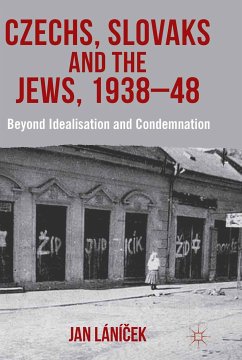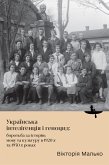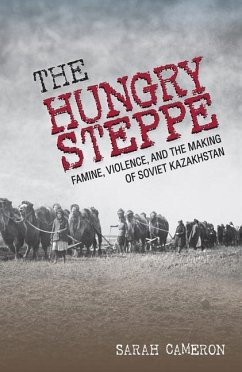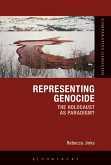A profoundly original historical inquiry, this work offers a critical reflection on the silences of the past and the remembrance of the Holocaust. During World War II, even though Bulgaria was an ally of the Third Reich, it never deported its Jewish community. Until recently, this image of Bulgaria as a European exception has prevailed-but at a cost. For it ignored the roundup of almost all the Jews living in the Yugoslav and Greek territories under Bulgarian occupation between 1941 and 1944, who were in fact deported to Poland, where they were murdered. In this new English translation of her work originally published in French, Nadège Ragaru presents a riveting, wide-ranging archival investigation encompassing 80 years and six countries (Bulgaria, Germany, the United States, Israel, North Macedonia and Serbia), in doing so exploring the origins and perpetuation of this heroic narrative of Bulgaria's past. Moving between legal and political spheres, from artistic creations to museum exhibits, from the writing of history to transnational public controversies, she shows how the Holocaust north of the Danube became a "rescue" to the river's south. She traces how individual merits were turned into "national" achievements, while blame for the deportations was planted squarely on Nazi Germany. And she illuminates how discussions on the Holocaust in Bulgaria were held hostage to Cold War dynamics before 1989, only to yield to political and memorial struggles afterwards. Ultimately, she restores Jewish voices to the story of their own wartime suffering. On publication this book is available as an Open Access eBook under the Creative Commons license CC BY-NC-ND.
Dieser Download kann aus rechtlichen Gründen nur mit Rechnungsadresse in A, D ausgeliefert werden.









